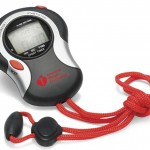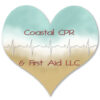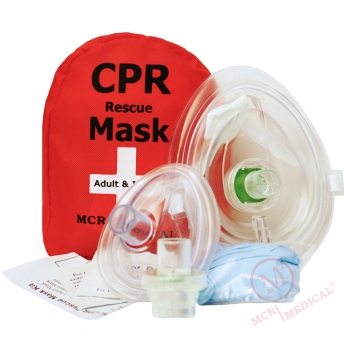The new 2015 CPR and ECC Guidelines were released in October of 2015. This post is part of a series of the 2015 changes to CPR and First Aid.
So… just how fast are your chest compressions?

In 2005, we trained everyone to push at a rate of up to 100 compressions per minute.
In 2010, that was updated to compression at a rate of at least 100 compressions per minute.
With the Guidelines 2015, we are compressing at a rate of 100-120 compressions per minute.
In 2010, that was updated to compression at a rate of at least 100 compressions per minute. With the Guidelines 2015, we are compressing at a rate of 100-120 compressions per minute.
While that seems like we should be going faster, setting that top number is actually to slow us down. In studies, it was discovered that many of us were compression way too fast. As fast as 140 compressions per minute or more! This was just too fast.
With Guidelines 2015 they are emphasizing both the quality and quantity of our chest compression. As we compress down, we are physically circulating blood throughout the body. As we release the pressure on our hands the chest returns to it’s natural position, and the heart refills with blood. And then we compress and pump it again. Good deep chest compressions are very important, but also equally important is that allowing for full chest recoil – the chest returning to its natural position. We are not pumping full cardiac volume if the chest does not fully recoil.
If we’re compressing too fast – are we providing full deep chest compressions and full chest recoil? Most likely we are not.
This post is part of a series of the 2015 Guidelines for CPR and ECC published by the American Heart Association. You can view the web-based integrated guidelines on the AHA’s CPR website at www.cpr.heart.org.
You can read the previous posts:
Guidelines 2015


